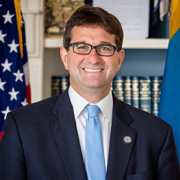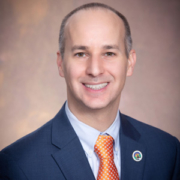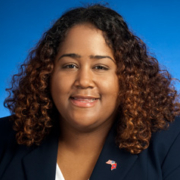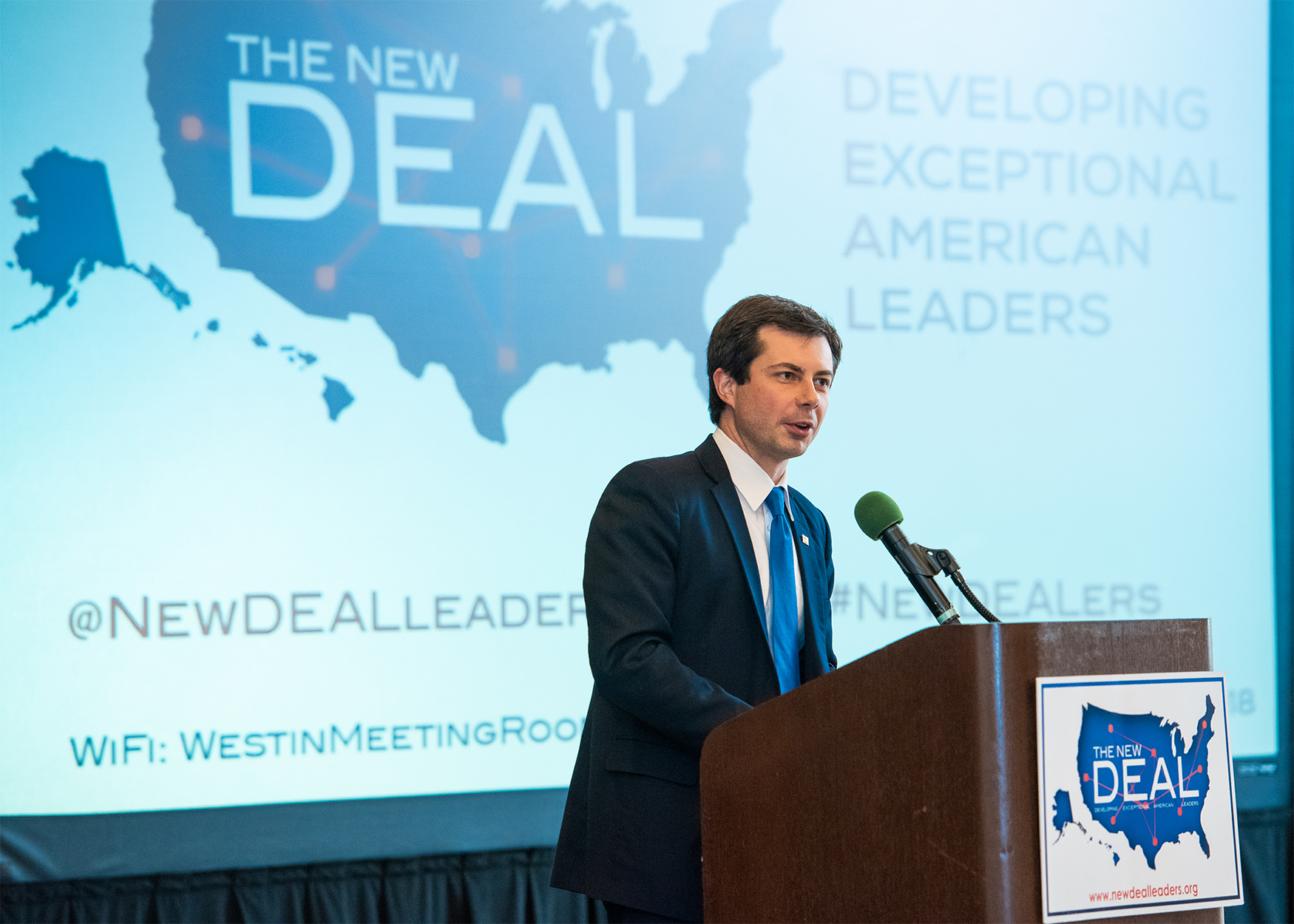ARP: New Castle County announced the Creation of School-Based Wellness Centers
New Castle County Executive Matt Meyer announced the creation of school-based wellness centers in underserved communities using American Rescue Plan funds. The program will establish wellness centers in four schools to help families and communities address trauma and mental health issues faced throughout the pandemic. The program is a partnership between school districts, county government and the Delaware School-Based Health Alliance, among others. Wellness centers will work together with other school staff, like nurses and psychologists, and community physicians to create plans for managing the health of students or addressing any chronic health problems. While the centers will not provide ongoing mental health services, they will offer initial consultations to help students seeking next steps.













